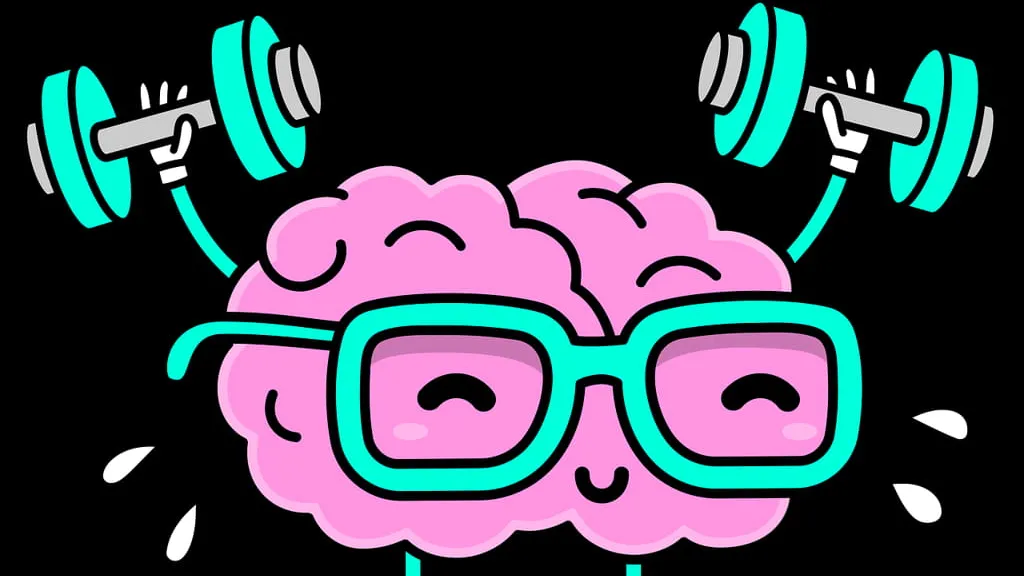Habits die hard but do they at all? Let’s dive into the nitty gritty of human unconscious to understand the how!

Using automated processes may sound like a very strange thing from something that was made to solve complex unique problems but maintaining an all-powerful problem-solving machine has its challenges too.
The human brain consumes about 30% of all the body’s energy needs. Apparently, thinking needs a lot of energy but contrary to common expectations, we don’t burn more energy by thinking harder. The processes in our brain are carefully calculated, and although it may seem that in dire situations our brain works better, its energy consumption stays leveled across the board.
So there goes our slimming down by thinking hard about it.
Why do we need habits?

Nowadays, obtaining enough energy -when we’ve already figured out clever ways of getting infinite number of calories to sustain ourselves- is easy but in our evolutionary past, it wasn’t really the case.
The reason, our body justified supporting a thinking creative energy hog in the first place, is to get more sustenance with less effort.
Securing our nutrition from grazing, fruit picking or raw meat chewing wouldn’t have allowed us to build up the energy excess needed to constantly maintain and improve such a resource hungry organ.
To maintain a creative thinking center that could make tools, talk, and in general have an evolutionary edge, our body needed to figure out ways to sustain it, even with the scant resources available at the time.
Apparently, early life on Earth wasn’t full of unexpected series of rapidly changing actions that required constant attention and process power but rather a series of similar happenings day after day, with a couple of risky situations that could still be managed, learning from past experiences. It was all about grazing, picking fruits, mating then an occasional run from predators.
Our brain figured, it doesn’t need to analyze in details all of those things over and over again constantly, so to save energy, it created process to govern automated actions that could be reused in situations which are similar to each other.
These processes were stored in a secure place and could be retrieved in moment’s notice to be acted upon. Suddenly, jumping away from unexpected situations and shrieking to scare our opponent, is this reflex working flawlessly.
When do we use habits?
Today, we know these automated process as habits and store a myriad of them for various reasons. It may sound like a lot of things to remember about but anyone familiar with programming knows that creating a snippet of code once, and store it for later use, is much less resource intensive than recreating it on the fly when needed.
Not to mention, that we gain precious time using pre-created templates in a many situations.

Just imagine, walking in the jungle in any random day that looks just like every other day. The trees are green, the ground is brown, the sun is shining over the canopy, touching the ground here and there, scattering light on the dew soaked leaves while birds are chirping gayly. No need to analyze all that things day after day for threat or reward because we’ve already done so, we know them well.
We can stroll thinking about more important matters, like we should build a wall around the village, how to make a better spear or what to cook for dinner tomorrow.
Or wait, birds are not chirping at all, in fact everything is eerily quiet all around, the very air seems tensed with expectations. This already sets off our alarms, raising our heart rate to get our body ready for action but once we glimpse the hide of a saber tooth tiger, we no longer musing about tomorrow’s dinner nor about if we should keep this oversized cat as a pet. We don’t start thinking about if those teeth are for decoration only or how many times the tiger goes to the gym to have so built up pecks.
We instantly know that we are in great danger and should be out of there as soon as possible or get ready to fight, yet we aren’t in control anymore. We, as thinking beings, are just floating around observing the situation, silently panicking or thinking about how beautiful life we had while letting our instincts act things out.
How can we use habits?

Our flight or fight reflex relies heavily on the same energy, preserving habit system that uses our previous experiences to save our life in difficult situations. Essentially, habits are optimizations programs, designed to save as much energy as possible, reducing the need for constant refueling in an environment, scarce in resources.
Creating habits, using controlled environments, such as they do in the army during military exercises or athletes and fighters during training session drills, will provide our instinctive brain better opportunities to act upon that will give us the edge needed in many uncontrolled situations.
So, if we are walking around in our home, grocery store or friends house, and suddenly presented with a cake, chocolate bar or bag of sugary snack, we may be able to control the situation and say no or at least leave some of the stuff for tomorrow.